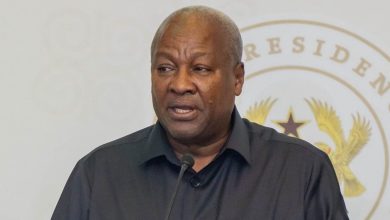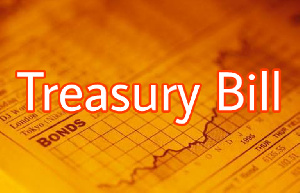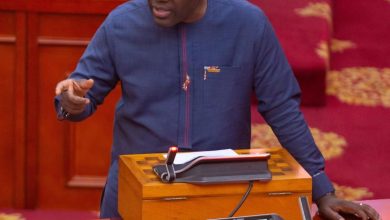We are not making losses – GoldBod

The Ghana Gold Board (GoldBod) has rejected claims that it has recorded losses of more than GHS 3 billion in its first year of operations under the government’s new gold aggregation and export policy.
This follows checks by The Thunder Gh News suggesting that the state-backed aggregator may be losing an estimated GHS 8,000 per ounce of gold—equivalent to about US$25,900 per kilogram—as a result of logistics costs, assay discrepancies and rapid foreign exchange fluctuations.
Preliminary assessments also indicate that although GoldBod has purchased 66 tonnes of gold from both verifiable and unverified sources, only 6.6 tonnes have so far been added to Ghana’s reserves, a situation that has triggered scrutiny from international NGOs seeking GoldBod’s annual sourcing report.
GoldBod strongly denies losses
In a statement issued on 17 November 2025, GoldBod dismissed the reports as “entirely false” and “deliberately contrived to undermine the successes” of the institution.
“Contrary to the mischievous claims contained in the said publication, the GoldBod has been making significant surpluses since its establishment,” the statement said, adding that quarterly financial statements will soon be published to prove this.
Press Statement – Gold Board no…
GoldBod also demanded that Asaase retract the report and apologise to the public.
Price volatility and structural risks
However, insiders who spoke to Asaase News say one of the core challenges is that GoldBod buys gold entirely in cedis, yet uses the Bloomberg international reference rate for pricing—exposing the institution to severe FX risk.
Under the current structure, Alhaji Bawa, the licensed national aggregator, receives advance funding from GoldBod to purchase all gold from Tier 2 traders, who buy from Tier 1 operators at mining sites. Bawa must repay the funds within three days, but fast-changing global gold prices within this window are said to be contributing significantly to estimated losses.
Industry experts argue that gold trading requires sophisticated hedging tools and a five-step risk-based due diligence framework adapted to mineral supply chains—mechanisms that Ghana has struggled with historically.
Asaase News is aware of concerns within the mining ecosystem regarding assay differences, especially where some local traders rely on water density tests instead of fire assay, the global standard. These differences can result in pricing errors that accumulate into significant financial exposure.
There are also persistent questions about the sources of gold purchased by GoldBod, with fears that a substantial portion may originate from illegal mining sites—raising reputational, environmental and compliance risks.
Several international frameworks, including those of the World Gold Council, Responsible Jewellery Council (RJC) and the London Bullion Market Association (LBMA), require stringent checks to prevent corruption, money laundering and human rights abuses linked to the gold trade.
Gold smuggling persists despite new regime
Reducing gold smuggling was one of the major justifications for establishing GoldBod as the exclusive buyer of gold from small-scale miners, with power to take up to 20% of large-scale production when needed.
However, checks show that smuggling continues—calling into question whether the monopoly arrangement is achieving its intended goals.
Under the previous Gold for Oil/Gold for Forex policy, the Precious Minerals Marketing Company (PMMC) licensed multiple private buyers and refineries such as Sledge and Goldstream to buy, refine and export gold. That licensing window has now closed, centralising control under the GoldBod regime.
Although the Bank of Ghana has formally stopped financing gold purchases under IMF directives, Asaase News understands that the central bank is still indirectly supporting the process—this time with the entire risk concentrated on GoldBod instead of shared across institutions.
Experts warn that without hedging mechanisms, GoldBod could face the same volatility that once exposed Ashanti Goldfields, with price swings rapidly eroding margins.
GoldBod maintains it is financially sound, but industry observers insist that the structural issues surrounding the new regime require transparency, risk management reforms and a full operational audit.










